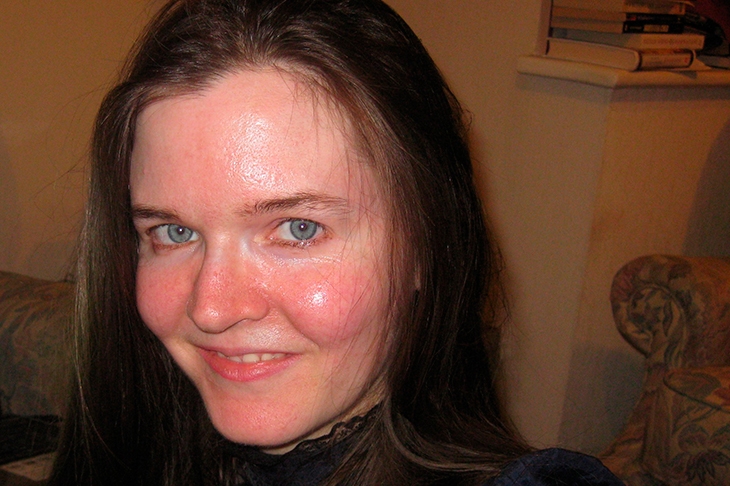What can we ever know about our family’s past? How do we love those closest to us when doing so brings us to the edge of insanity? Nicole Chung’s All You Can Ever Know and Sam Mills’s The Fragments of My Father explore both of these questions.
Chung’s memoir takes on a sleuth-like quality as she describes the process of uncovering her birth family. Born weeks premature, she was put up for adoption by her Korean-American parents, who feared she wouldn’t survive. Throughout her childhood, the reasons behind her adoption were presented as solid and comforting: ‘The doctors told them you would struggle all your life. Your birth parents were very sad they couldn’t keep you, but they thought adoption was the best thing for you,’ her mother told her. Chung’s response was always: ‘They were right, Mom.’
By the time she was six, Chung could recite the tale of her selfless birth parents by heart. But something else lurked behind the thought that this ‘may be all you can ever know’. Despite a loving upbringing, being the only Korean in small-town Oregon had its challenges. The racism she experienced as a child was difficult to convey to her white parents, and she kept the playground slurs to herself. The stress of dealing with frequent taunts finally became apparent when Chung’s parents and teachers noticed a ‘tiny bald spot’ — the result of Chung twisting her hair so tightly around her forefinger that she couldn’t free it without ‘yanking a few strands out’.
This urge to know more increases until Chung, pregnant with her first child, sets off to discover where she came from. Writing had always been a way for her to make sense of her life as an adoptee:
We are wanted, found or saved, but never grown, never entirely our own. As a child, writing became my way to look ahead to the unknowable future, the one adoptees in stories so rarely get to have.
While Chung’s deftly economical narrative clocks in at a modest 245 pages, Mills presents us with a larger and more sprawling canvas. The Fragments of My Father, at 416 pages, details with humour and candour the slide into a rare form of catatonic schizophrenia experienced by Mills’s father. She comes to realise he has been suffering from mental illness for most of his life. When her mother dies, Mills takes on the role of full-time carer — a term she reluctantly accepts. ‘I remember telling a friend of mine that I was worried being a carer might be seen as a boring topic to explore,’ she writes. ‘Unglamorous. I said that I ought to choose a sexier subject. He replied that this was exactly why I ought to write it.’
In looking after her mother and then her father, Mills experiences the conflict between caring and creating — one felt by many women:
Not having the peace or space to write was the hardest thing. It wasn’t just my way of earning a living: it was my daily drug… But writing is not a profession that is particularly compatible with caring, because it involves shutting the world out; writers are notorious for neglecting their loved ones.
Yet Mills is the opposite of neglectful. She tends to her father and her writing with devotion.
She also takes her readers on wonderful detours through the history of schizophrenia, Foucault’s ideas on madness, critiques of social care in an age of austerity, the vicissitude of her love affairs, the poems of Emily Dickinson, the trials of bereavement, while stopping to reflect on the letters and diaries of other carers, most notably Virginia Woolf’s husband Leonard, who declares himself ‘in service’ to Virginia. ‘It’s touching that Leonard’s adoration isn’t at all diminished by her illness,’ Mills writes. Scott Fitzgerald, on the other hand, dealt with his wife Zelda’s mental illness by relying on expensive sanatoriums, ‘affairs and alcohol’. Mills’s interweaving of stories, both historical and contemporary, displays the complexity of the bonds of familial and romantic love and how they can enrich one’s life and work if we allow them to.
Chung does not veer far from her personal journey — nor does she need to. An adoptee, much of her life has been spent thinking about the decisions made by others that have affected her life profoundly. All You Can Ever Know is her chance to fill out her own story. Mills takes the opposite route, lining her nest, magpie-like, with tales from other lives and centuries. Both Chung and Mills beautifully expose the grains of an author’s life through the exploration of their place in a family. Both show us there are many ways to move towards our unknowable futures via the stories of our past.






Comments